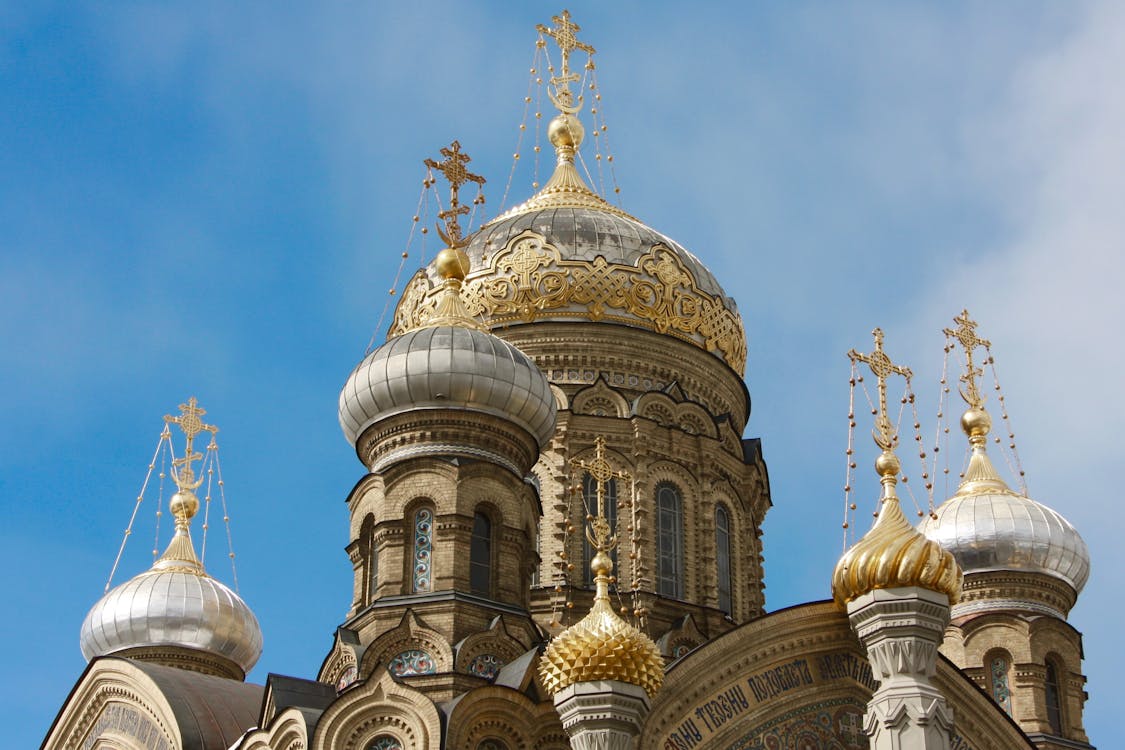After the dramatic decline in oil prices, the Russian economy fell into recession. The country has since cut spending, devalued its currency and even made a large withdrawal from its rainy-day fund. Meanwhile, the conflict between Russia and Ukraine has stretched on for more than five years now. It doesn’t seem like an economic war between these countries is on the radar anytime soon.

Russian Economy After War
Russia’s economy is still recovering from the impacts of its war with Ukraine. The ruble has recovered somewhat since its nadir in 2015, but it remains much lower than before the conflict. How does Russia’s economic performance compare with other countries?
The Russian economy is growing at about 1% per year and unemployment has risen slightly since 2014. Its growth rate compares favourably to that of many other nations around the world, including some Western European nations like France and Italy that are in a recession or near-recession territory (negative GDP growth).
Russian government officials have often claimed that sanctions imposed on Russia by Western countries are hurting their country’s economy. While there may be some truth to this claim, most economists would agree that sanctions are having only a minimal impact on Russia compared to other factors such as oil prices or domestic economic policy decisions like trade barriers or tariffs levied against foreign goods entering Russia’s markets
Russian Economy After War

The war has had a large impact on the Russian economy. The ruble has been depreciating and inflation continues to be high. However, compared to the rest of the world, Russia’s economy is doing relatively well.
Russia’s GDP grew 0.4% between January 2017 and August 2018, which is one of the fastest rates in Europe according to Eurostat data. The country also saw another 0.4% increase in September 2018 alone when compared with last year’s numbers for that month (see figure below).
War hasn’t ended, but the impact on the Russian economy is still very real.
The economic impact of the war with Ukraine has been significant. Russia’s economy has been hard hit by both sanctions and a drop in oil prices, which have caused its currency to lose value and imports to become more expensive.
Russia’s GDP fell 3% in 2015, making this Russia’s longest recession since 1991.
The country is still struggling with sanctions from the West over its actions in Ukraine, which put pressure on its ruble currency and made it harder for foreign investors to invest in the country.
Subscribe to our newsletter!

By Anshjeet Singh

No responses yet